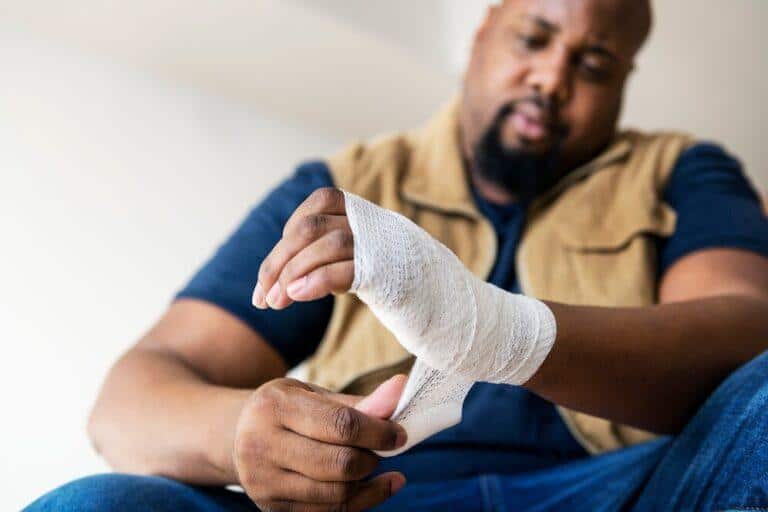
Nashville, in central Tennessee, thrives on the music, healthcare, and education industries, with growing diversity and rising income inequality. When accidents happen in this dynamic city, the aftermath can be legally complex. Many people unknowingly jeopardize their rights by making avoidable mistakes, such as admitting fault, refusing medical care, or neglecting to call the police. Understanding these common errors and the legal consequences they carry is crucial for protecting your interests and ensuring fair compensation after an accident.
Failing to Contact the Police
Accident victims frequently make the error of not calling the police. A Nashville personal injury attorney will tell you that Tennessee law requires you to notify law enforcement if there are injuries, fatalities, or significant property damage. A police report is essential; it documents the facts, helps establish liability, and serves as an official record for insurance and legal claims. Without it, you could end up in a “your word against theirs” situation, making it much harder to prove your case or recover damages.
Admitting Fault or Apologizing
In the aftermath of a crash, emotions run high, and people often apologize out of politeness. Admitting fault or even saying “I’m sorry” can be interpreted as an admission of liability. These remarks could be used against you by opposing parties and insurance providers, which could lower or reject your claim. Let the authorities and insurance investigators determine what happened and stick to the facts when speaking at the scene.
Failing to Seek Immediate Medical Attention
Specific injuries, such as internal trauma or whiplash, cannot cause symptoms right away. Delaying medical evaluation can jeopardize both your health and your legal claim. If you put off getting help, insurance firms can claim that your injuries weren’t severe or had nothing to do with the collision. Always get checked by a medical professional as soon as possible, and follow through with all recommended care.
Not Gathering Evidence at the Scene
Before you leave the area, gather as much information as possible. Take photos of the vehicles, the condition of the roads, and any evident injuries. Share insurance information and contact information with all parties. Obtain the witnesses’ names and contact details. Your case may be weakened if you don’t record the accident because it may be hard to show what happened afterward.
Failing to notify your insurance provider of the accident
Some people try to handle accidents privately, especially if the damage seems minor. Failing to promptly inform your insurer can lead to denied coverage or complications if injuries or damages are discovered later. Always report the accident to your insurance company, even if you think you can resolve it without their involvement.
Speaking With the Other Party’s Insurance Adjuster Without Legal Advice
Insurance adjusters work for their company, not for you. They may try to get you to make statements or accept a quick settlement that is less than you deserve. Before speaking with the other party’s insurance or agreeing to any settlement, consult with a legal professional to ensure your rights are protected.
Accepting a Quick Settlement
It’s tempting to accept a fast payout, especially if you’re facing medical bills or car repairs. Early offers often fail to account for the full extent of your injuries and damages. Once you accept, you typically waive your right to pursue further compensation. Take time to understand the actual impact of the accident before settling.
Conclusion
Avoiding common mistakes after an accident is not just about maximizing compensation; it’s about safeguarding your legal rights and future well-being. Every step you take, from gathering evidence to getting timely medical help and consulting with an attorney, is essential to your claim’s success. Staying informed and cautious, you can navigate the aftermath with confidence, minimize legal risks, and secure the protection and justice you deserve under the law.

